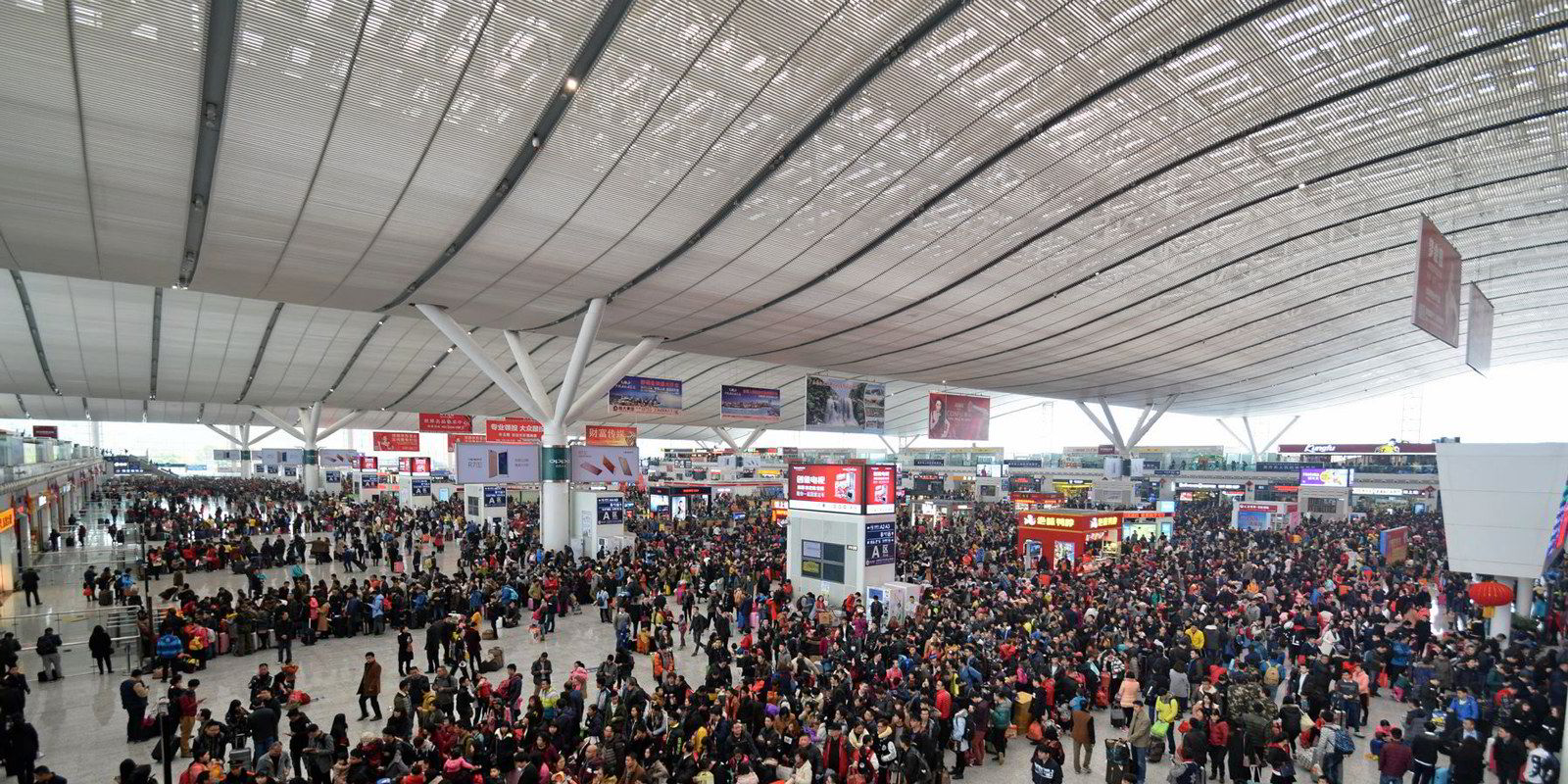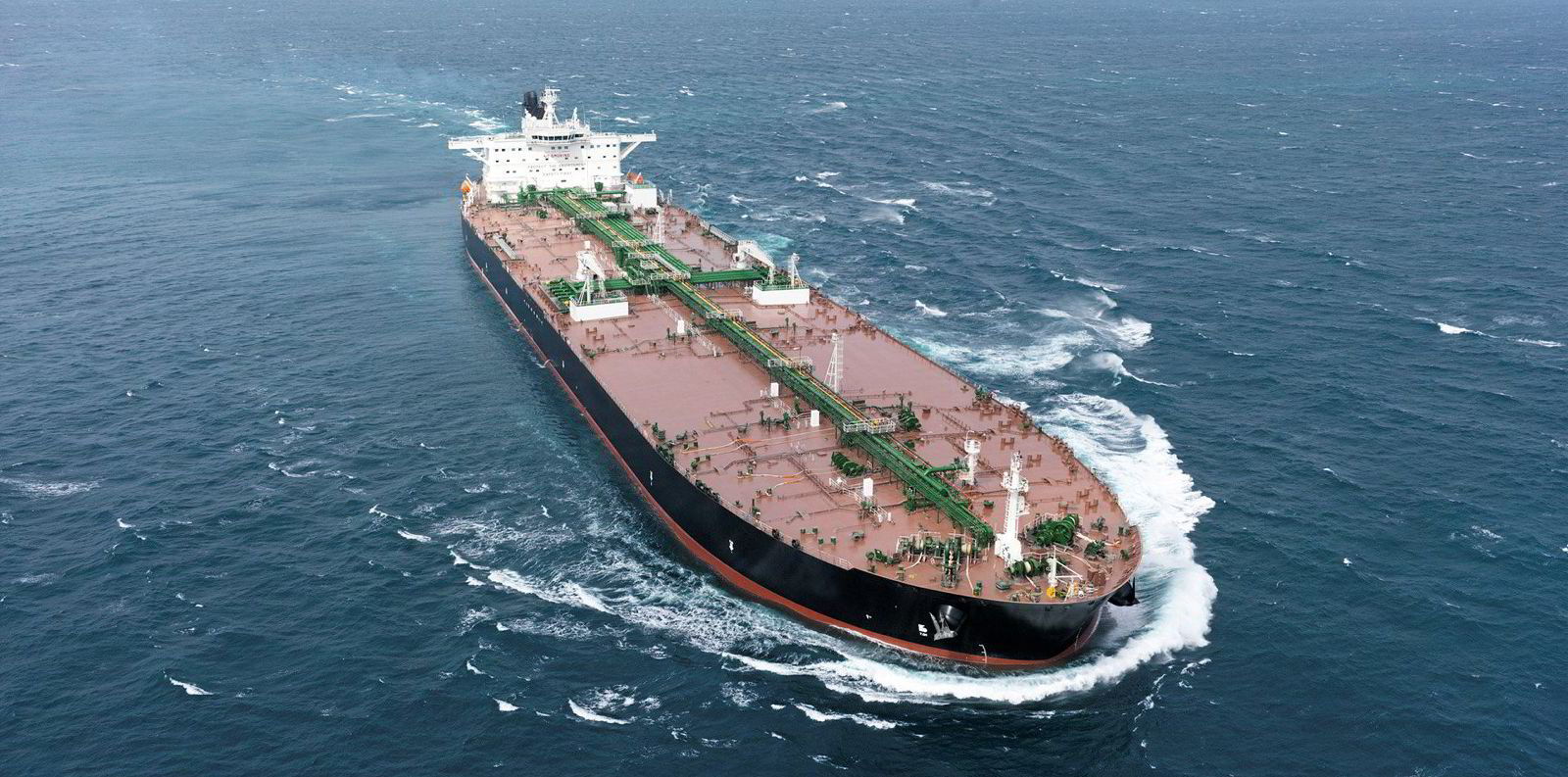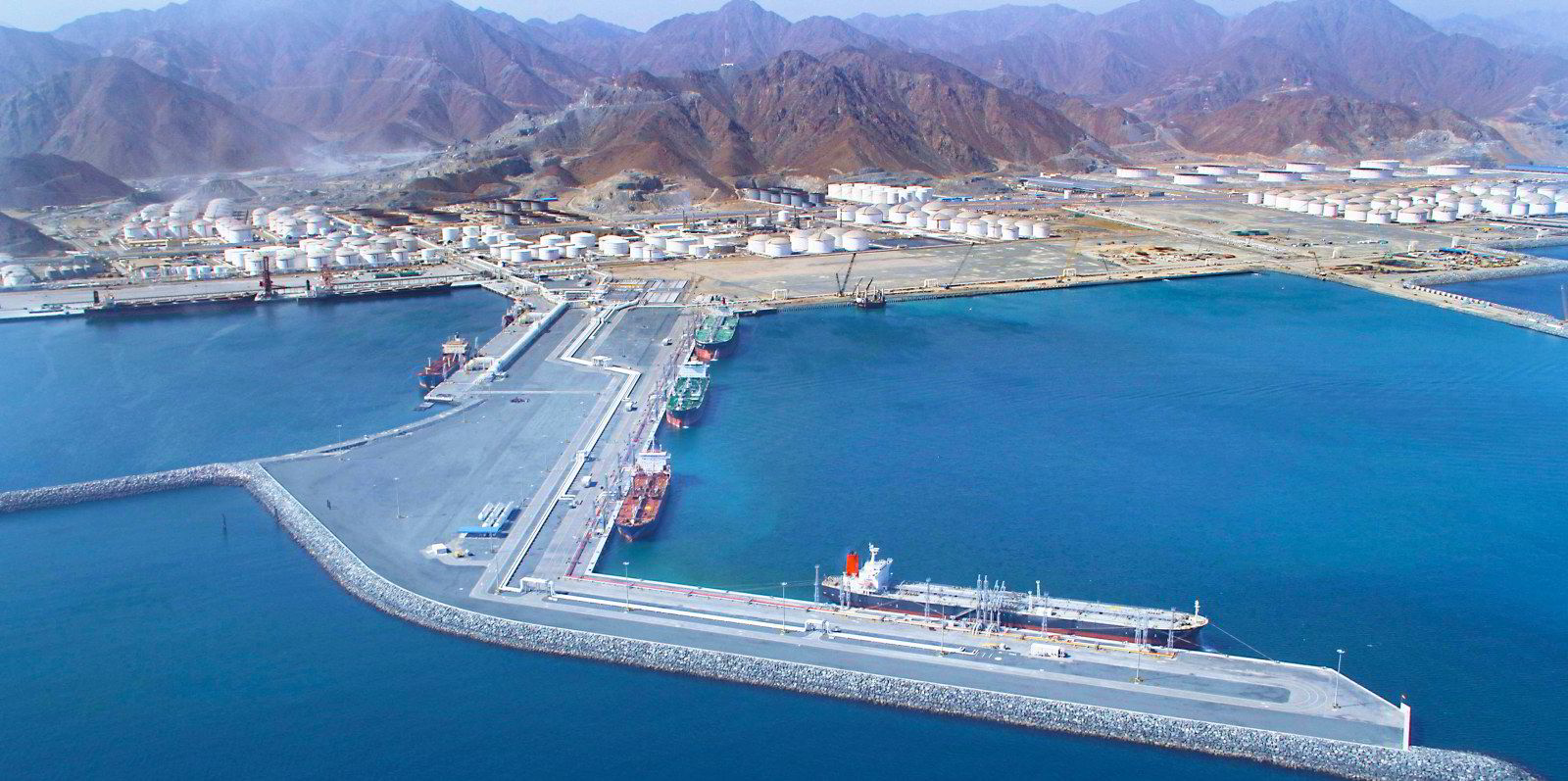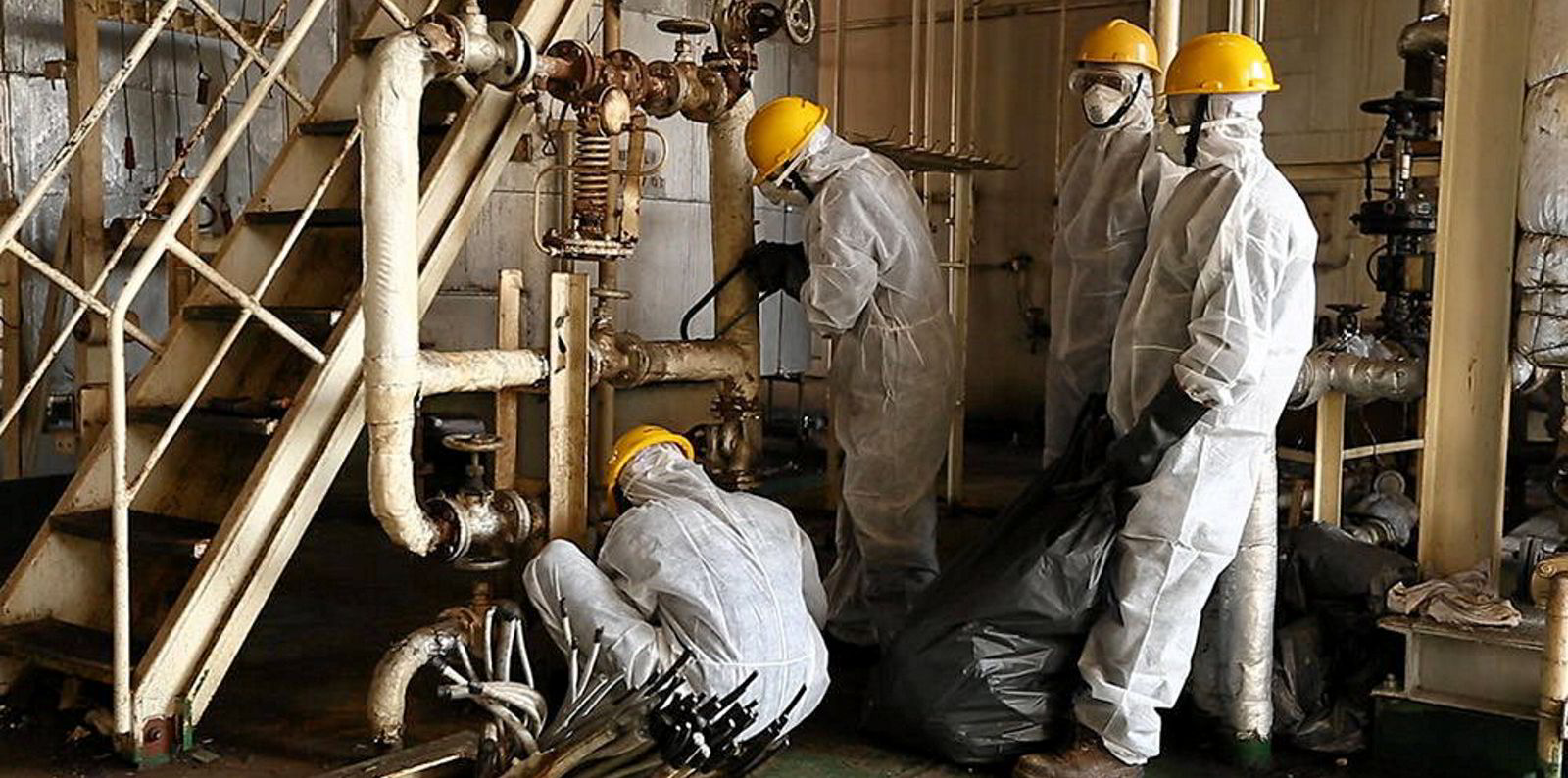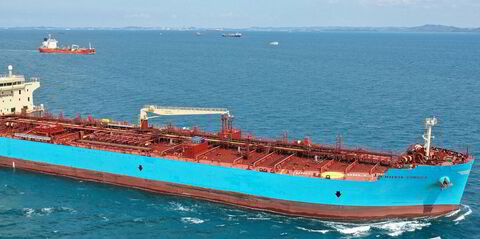Travel restrictions in China during the Lunar New Year are adding to tanker market woes, according to shipping experts, as the world’s largest oil-consuming nation reduces crude intake amid forecast low fuel demand.
With renewed coronavirus outbreaks across the country, Chinese authorities have unveiled extra test and quarantine measures during the travel season between late January and early March.
Government officials estimate Chinese passengers will make 1.7bn trips in the period this year, down 40% from the 2019 level and dampening demand for transport fuels.
“The oil demand picture is lacklustre, so Chinese charterers are holding back,” said a tanker owner. “Chinese refiners are cautious against more crude purchases.”
Loss of demand driver
Gibson Shipbrokers research head Richard Matthews said that crude purchases ahead of the Lunar New Year, which will begin on 12 February this year, are linked to demand prospects in two to three months’ time.
“The concern now is that weaker than expected Chinese domestic demand could materialise over the next month or so, which will impact refining margins and runs,” Matthews said.
Citing unnamed Chinese refiners, Platts reported crude throughput in China is “under pressure” amid falling production margins for January and February.
The development has come in parallel with subdued charter activity in the tanker markets, where spot earnings often fail to over operating expenses in recent weeks.
“Weaker China demand is the key factor,” Arctic Securities said. “The renewed concerns over Covid outbreaks and precautionary travel restrictions may well be dampening refiners’ appetite near-term, hence the weak tanker activity.”
Strength in West Africa
The Baltic Exchange assessed spot VLCC earnings on the benchmark Middle East Gulf-China route at $369 per day on Friday, better than the record low of -$1,190 on Wednesday but still extremely weak.
Daily earnings for the US Gulf-China trade were $8,269, down from $9,089 on 15 January, while those for the West Africa-China route rose to $5,504 from $4,150.
Average suezmax earnings increased to a four-month high of $5,604 per day from -$1,759 and aframax inched up to -$851 per day from -$1,668.
Optimism in the West African suezmax market amid tight tonnage supply was spilling over to the VLCC segment, but weak oil demand could cap gains going forward, brokers said.
“The VLCC market is weak, so it will most likely be the Achilles heel for the suezmax market in the next one to two weeks,” one of them added.
